Sonic attacks on US embassy in Cuba ‘just crickets’
Scientists claim source of mysterious noise attributed to headaches and nausea not an acoustic weapon
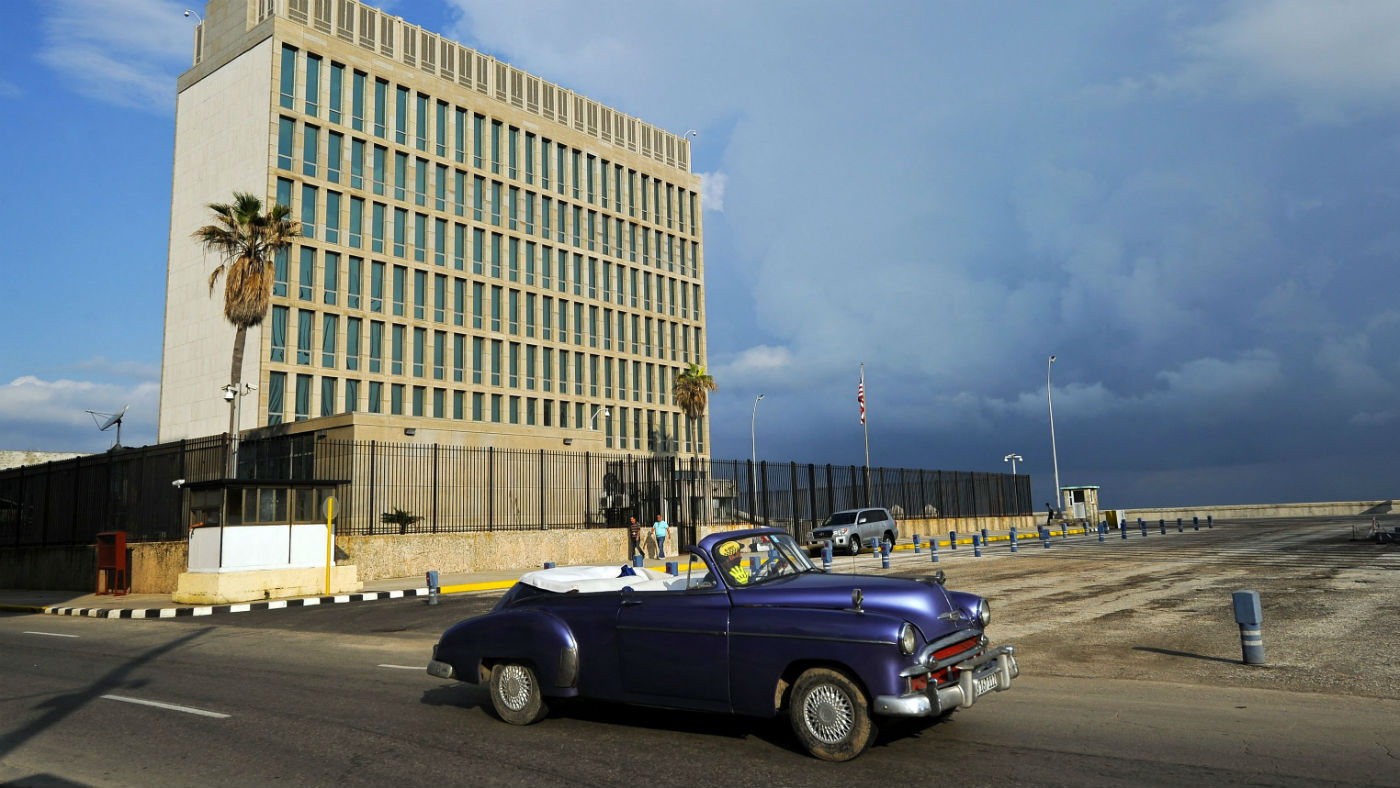
A free daily email with the biggest news stories of the day – and the best features from TheWeek.com
You are now subscribed
Your newsletter sign-up was successful
The source of a mysterious sound that is believed to have caused headaches, nausea and other ailments among US embassy staff in Cuba has been revealed to be local crickets.
The US diplomatic mission in Havana more than halved its number of staff in 2017 after diplomats complained of penetrating high-pitched noises believed to be from an acoustic weapon “possibly from the Russians”, reports the New York Post.
Medical testing of nearly two dozen embassy staff by doctors at the University of Pennsylvania last year revealed signs of concussions or other brain injuries.
The Week
Escape your echo chamber. Get the facts behind the news, plus analysis from multiple perspectives.

Sign up for The Week's Free Newsletters
From our morning news briefing to a weekly Good News Newsletter, get the best of The Week delivered directly to your inbox.
From our morning news briefing to a weekly Good News Newsletter, get the best of The Week delivered directly to your inbox.
In September, NBC News reported that communications intercepts, known as “signals intelligence,” that point to Russia as the culprit had been collected as part of an ongoing investigation by the FBI, CIA and other agencies in the US.
The unexplained incidents have worsened diplomatic relations between the US and Cuba, which has repeatedly denied any involvement.
Now fresh analysis of an audio recording made by embassy staff in Havana has revealed what US and UK scientists believe to be the cause of the mysterious, high-pitched drone: the song of the Indies short-tailed cricket, known formally as Anurogryllus celerinictus.
Fernando Montealegre-Zapata, a professor of sensory biology at the University of Lincoln and co-author of the study first published on the website bioRxiv, said:
A free daily email with the biggest news stories of the day – and the best features from TheWeek.com
“The recording is definitively a cricket that belongs to the same group. The call of this Caribbean species is about 7 kHz, and is delivered at an unusually high rate, which gives humans the sensation of a continuous sharp trill.”
“The identification of the sound source does not mean that an attack of some sort did not happen,” says The Guardian, “but it casts doubt over the sound being responsible for the diplomats’ health problems.”
“The cause and nature of their illnesses remains unclear” the paper adds.
Alexander Stubbs of the University of California, Berkeley admitted the pairs’ conclusion does not rule out an attack on US diplomats, but claimed the sounds linked to the initial complaints may have been a “red herring”.
“It’s entirely possible that they got sick with some other completely unrelated thing that was not a sonic attack, or that they were targeted in some other way,” he said.
With the pair set to submit their paper for peer review in the coming days, others are less convinced.
Dr Douglas Smith, who led the medical examination of the US diplomats last March, questioned how much a single recording could reveal about the experience.
Some patients did not report hearing anything unusual, he noted, while others heard a range of sounds.
“I would like to know what the sounds are, but for us the more important thing is really what’s going on in the patients’ brains and what we can do about it” he said.
-
 The Week Unwrapped: Do the Freemasons have too much sway in the police force?
The Week Unwrapped: Do the Freemasons have too much sway in the police force?Podcast Plus, what does the growing popularity of prediction markets mean for the future? And why are UK film and TV workers struggling?
-
 Properties of the week: pretty thatched cottages
Properties of the week: pretty thatched cottagesThe Week Recommends Featuring homes in West Sussex, Dorset and Suffolk
-
 The week’s best photos
The week’s best photosIn Pictures An explosive meal, a carnival of joy, and more
-
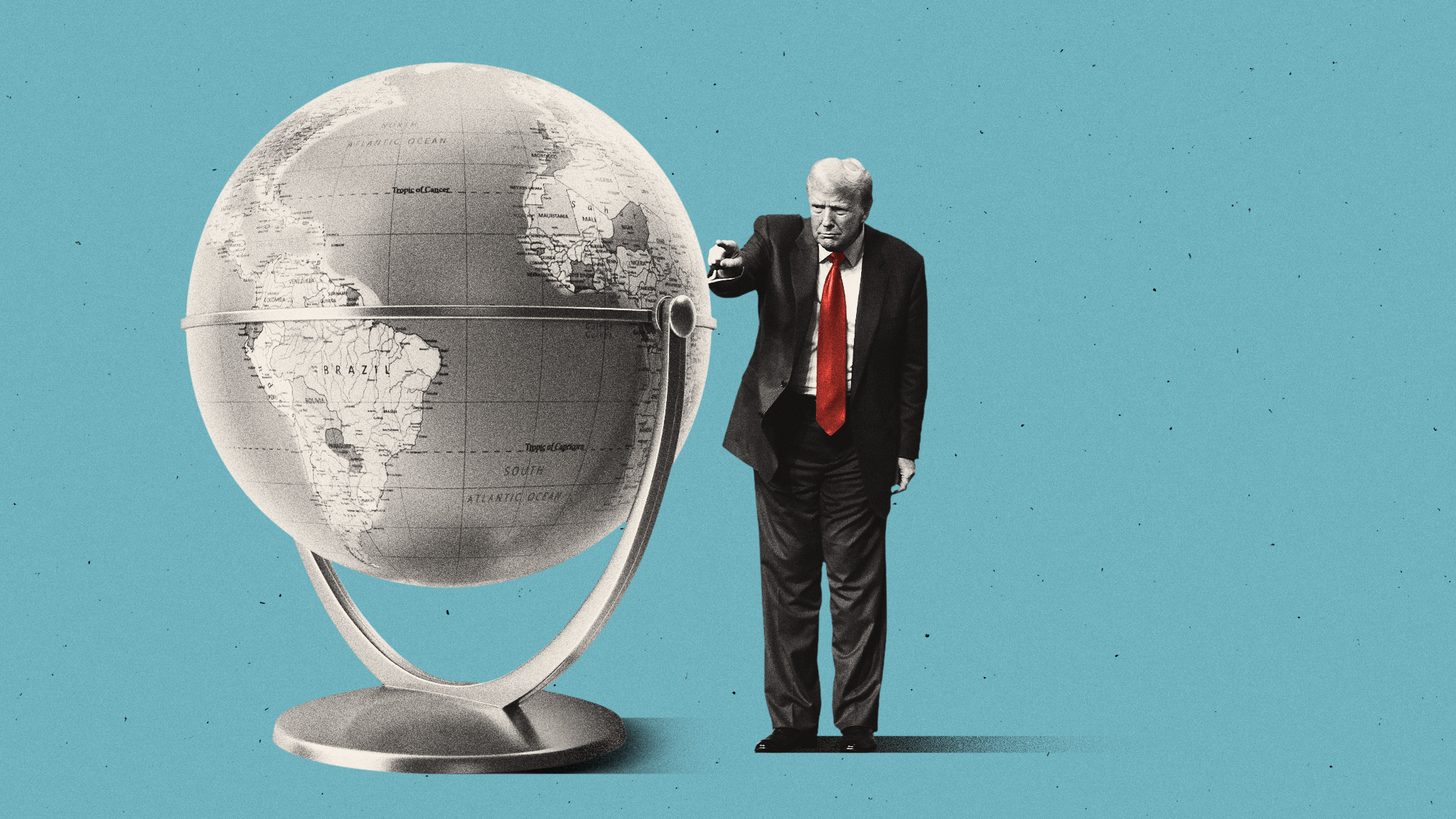 Greenland, Colombia, Cuba: where is Donald Trump eyeing up next?
Greenland, Colombia, Cuba: where is Donald Trump eyeing up next?Today's Big Question Ousting Venezuela’s leader could embolden the US administration to exert its dominance elsewhere
-
 Cuba's mercenaries fighting against Ukraine
Cuba's mercenaries fighting against UkraineThe Explainer Young men lured by high salaries and Russian citizenship to enlist for a year are now trapped on front lines of war indefinitely
-
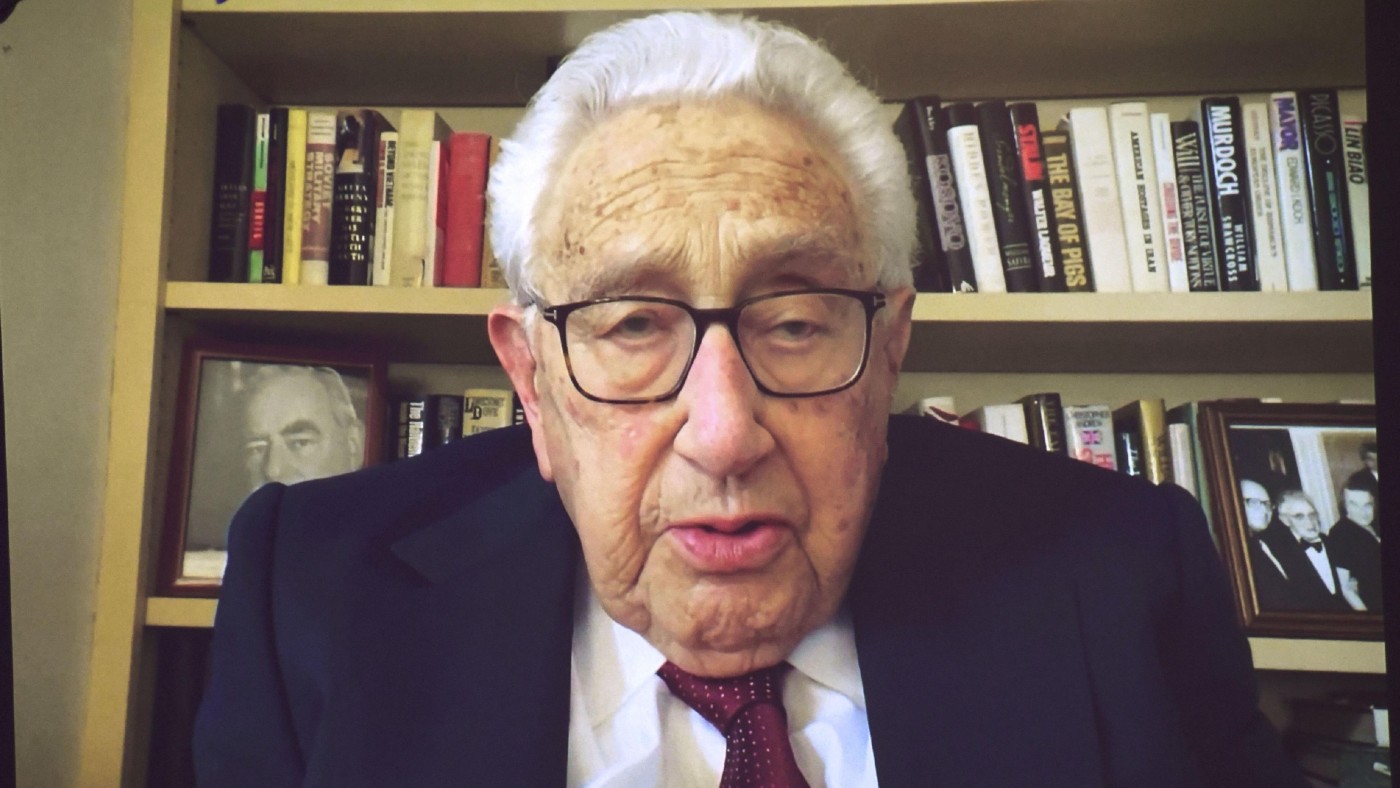 Is Henry Kissinger right about Ukraine?
Is Henry Kissinger right about Ukraine?Speed Read The US statesman made a controversial speech at a virtual Davos appearance last week
-
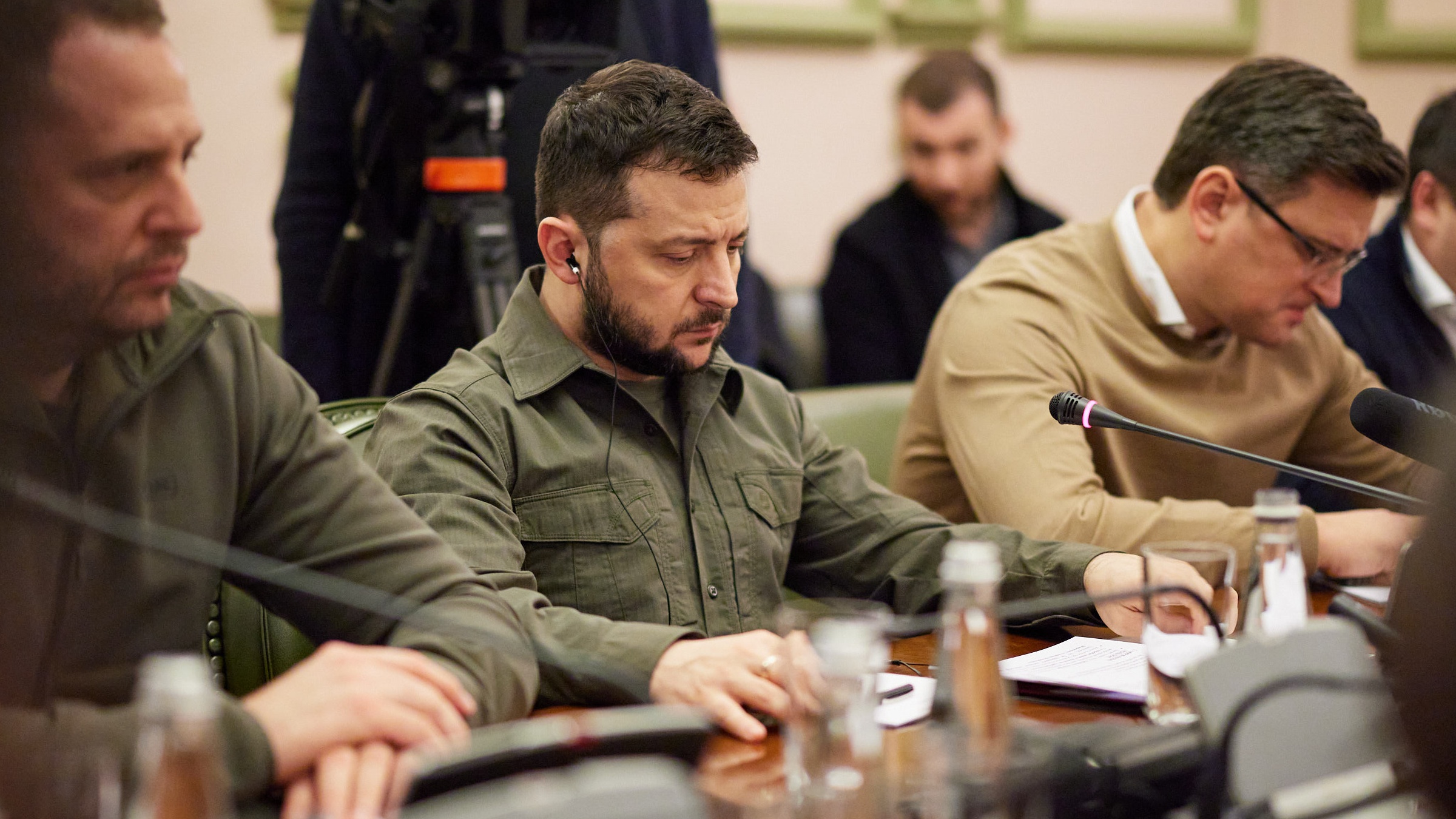 Volodymyr Zelenskyy refused evacuation as Russian hitmen ‘parachuted’ into Kyiv
Volodymyr Zelenskyy refused evacuation as Russian hitmen ‘parachuted’ into KyivSpeed Read Ukrainian president turned down opportunity to leave capital despite threat to life, adviser claims
-
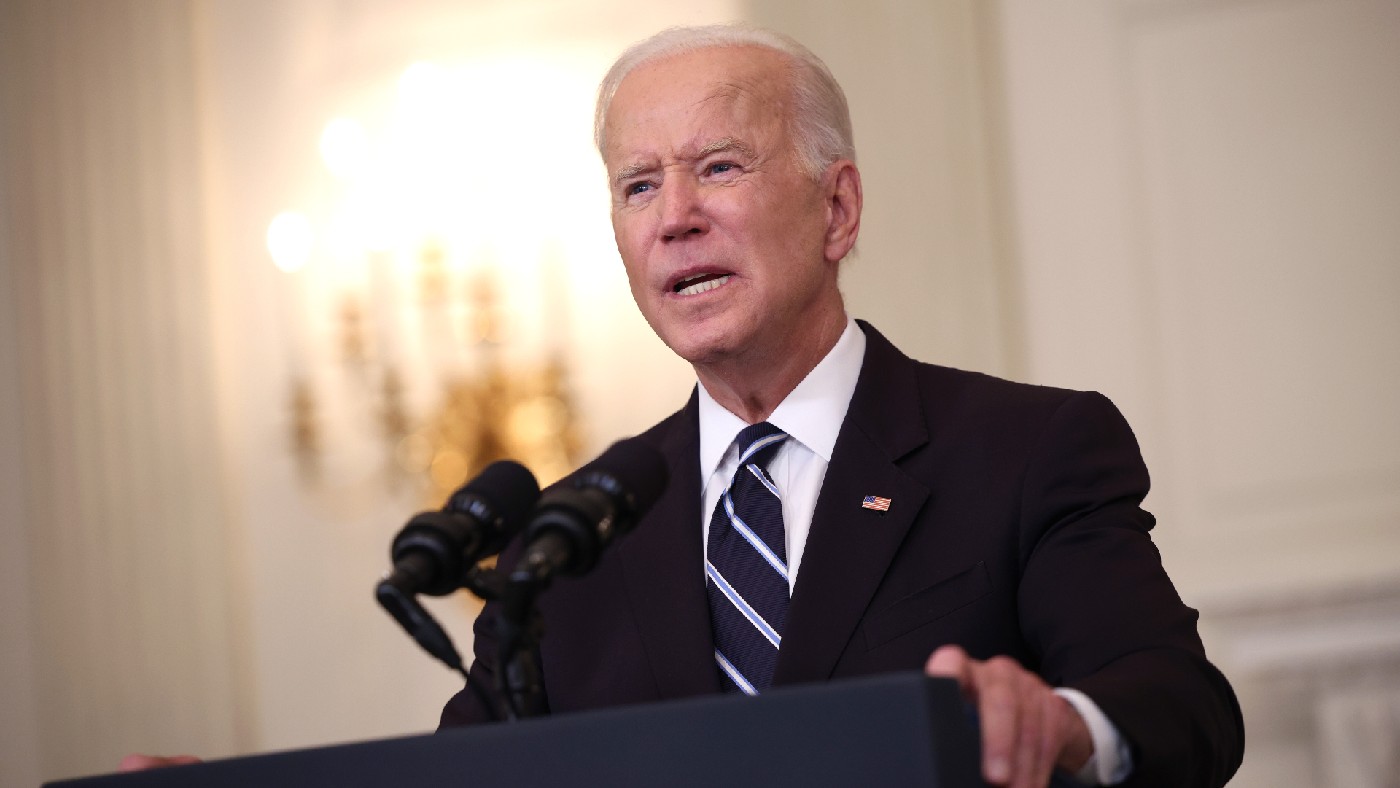 America’s withdrawal from Afghanistan: a retreat into isolationism?
America’s withdrawal from Afghanistan: a retreat into isolationism?Speed Read ‘In his selfish unilateralism’, Biden is no better than Trump, said The Daily Telegraph
-
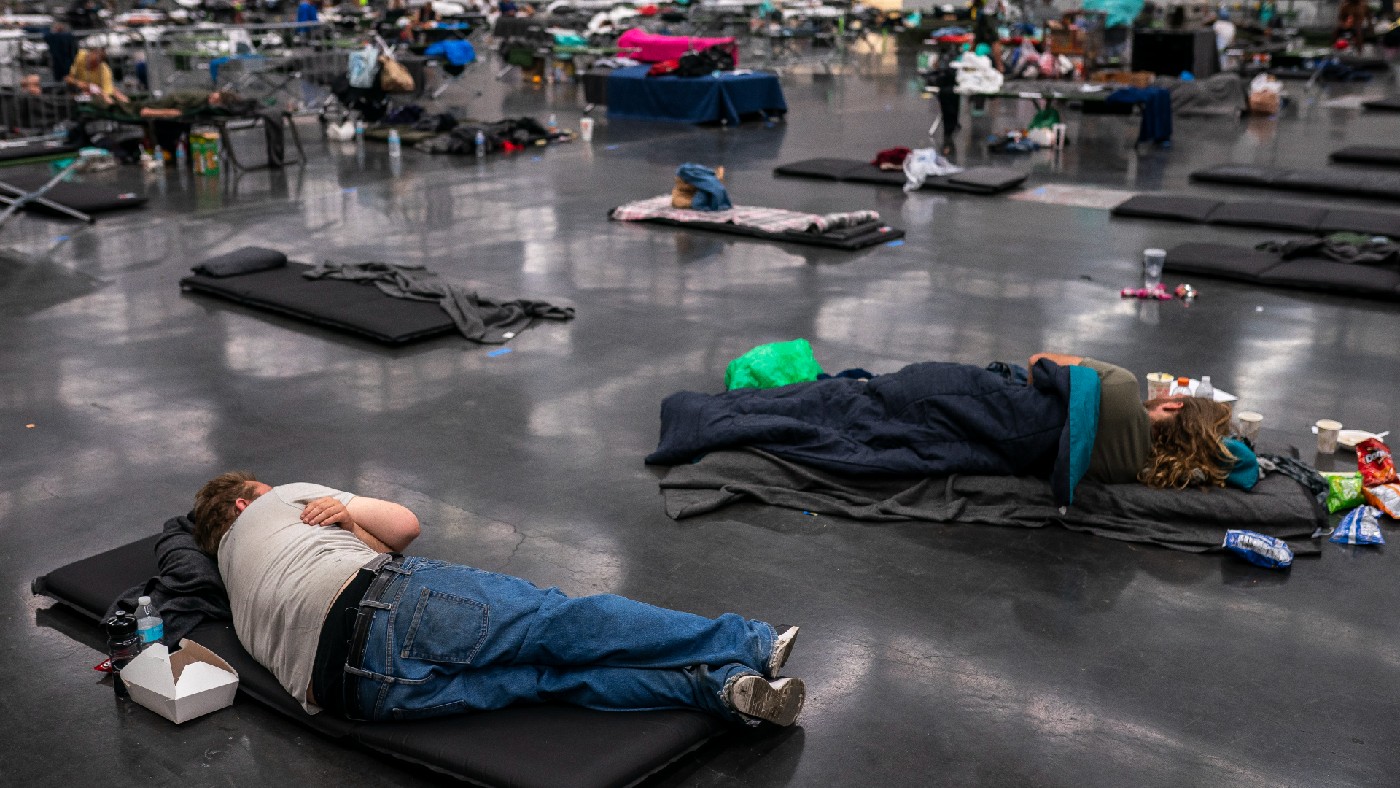 The ‘heat dome’: blistering temperatures in the Pacific Northwest should act as a wake-up call
The ‘heat dome’: blistering temperatures in the Pacific Northwest should act as a wake-up callSpeed Read People are used to hearing of record-high temperatures in desert states such as Nevada or Arizona, but not in verdant Washington and Oregon
-
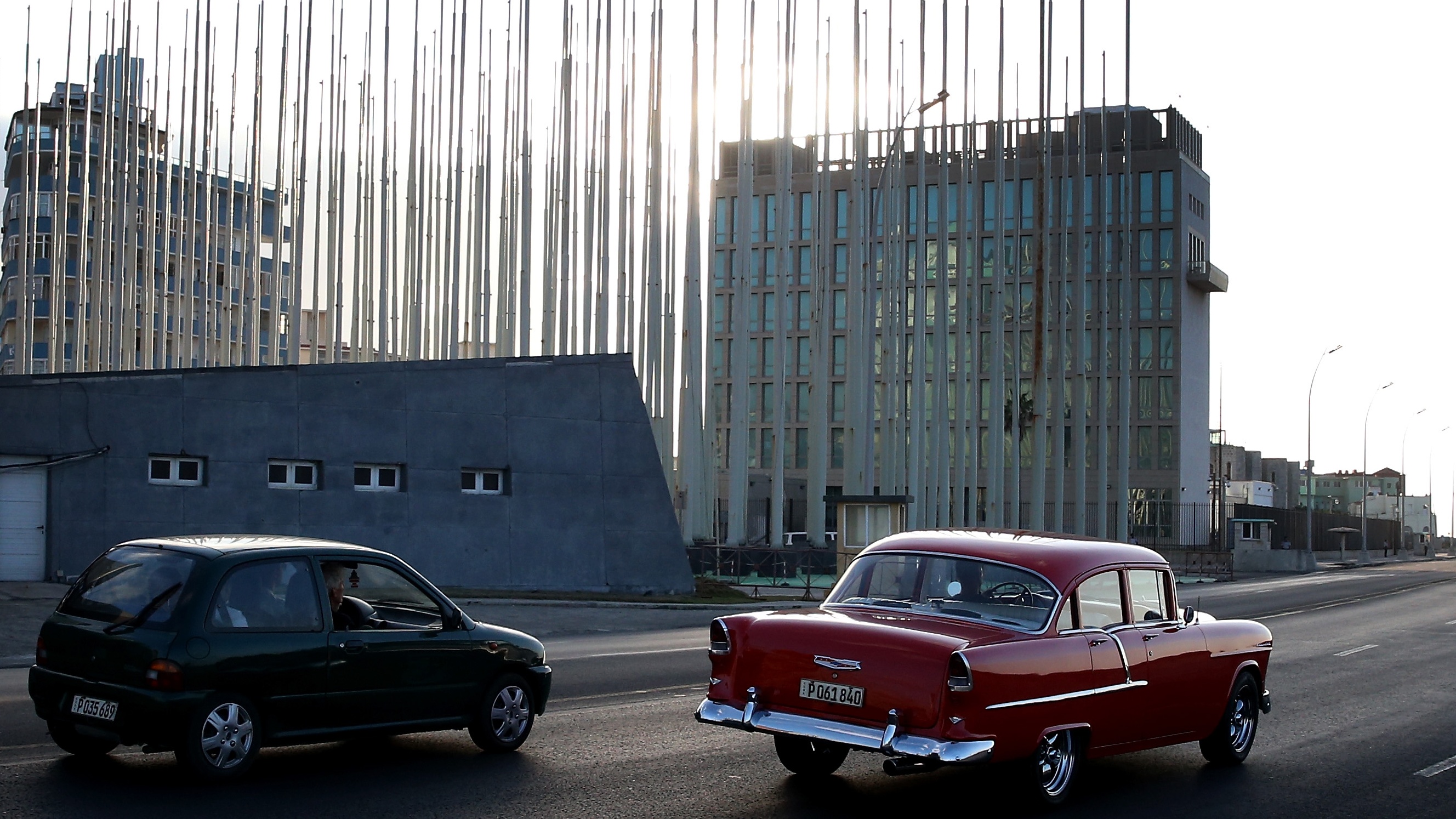 Mysterious brain injuries at embassies in China and Cuba trigger CIA probe
Mysterious brain injuries at embassies in China and Cuba trigger CIA probefeature Scores of US spies, diplomats and soldiers have reported unexplained health problems over past five years
-
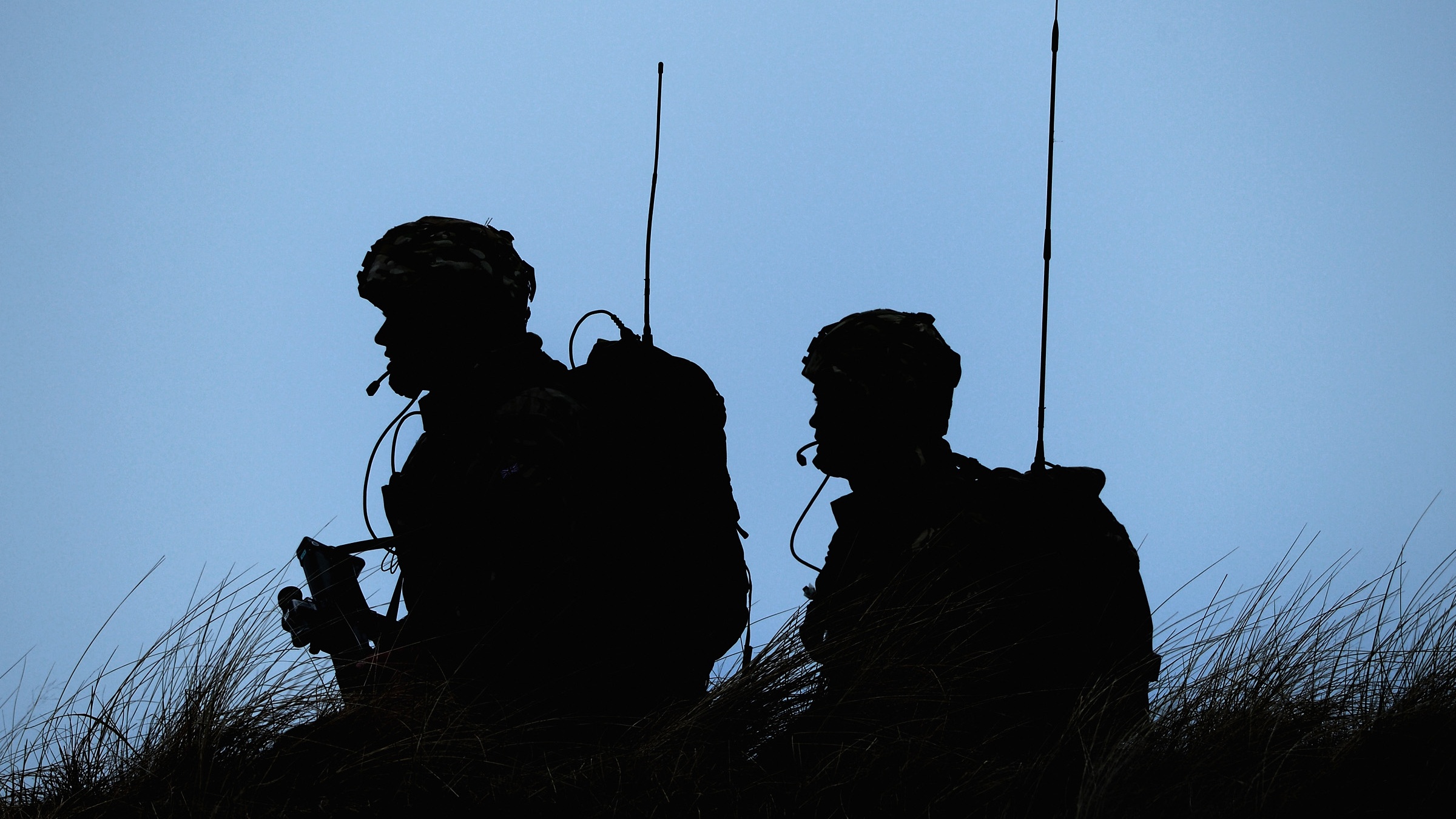 Royal Marines ready to ‘disrupt and confuse’ enemies
Royal Marines ready to ‘disrupt and confuse’ enemiesSpeed Read Military chief says operating in area between peace and war could prevent all-out conflict